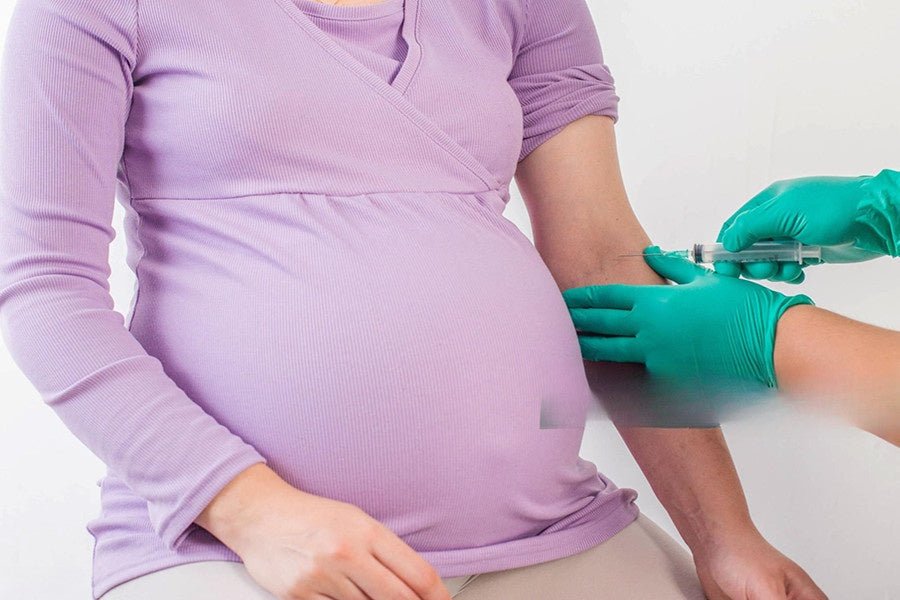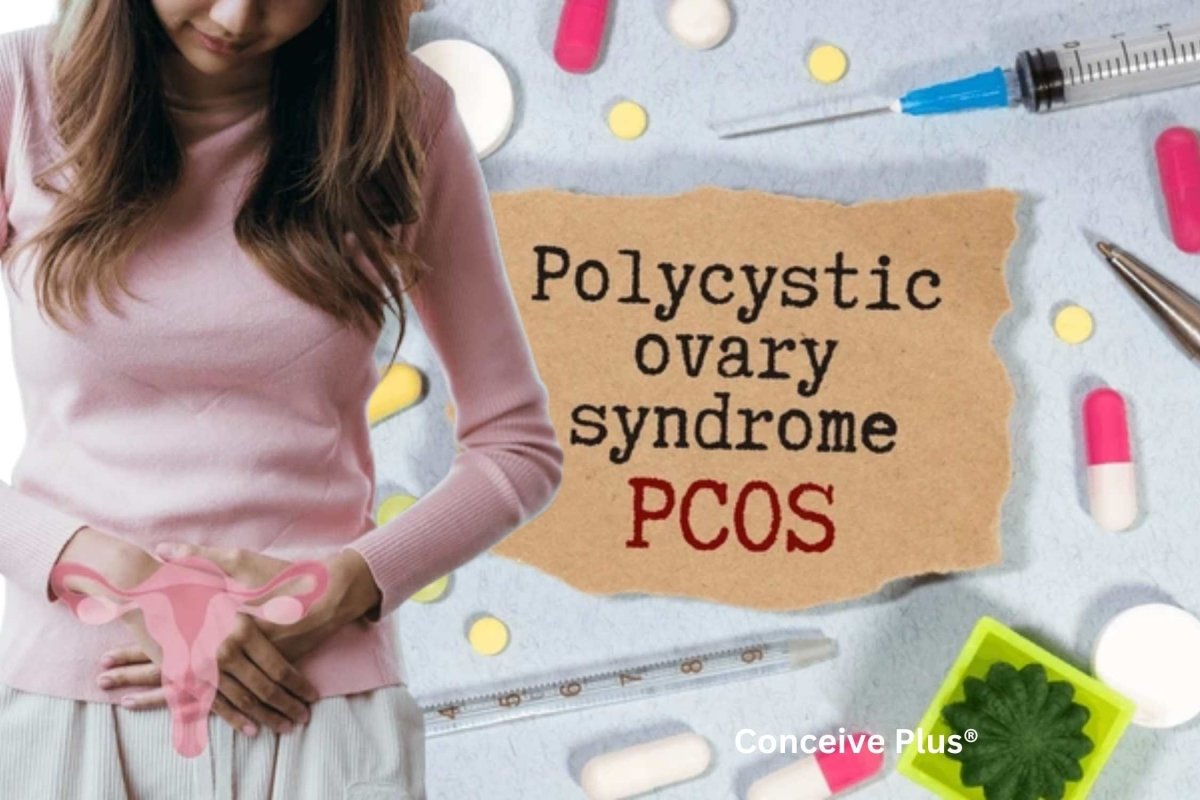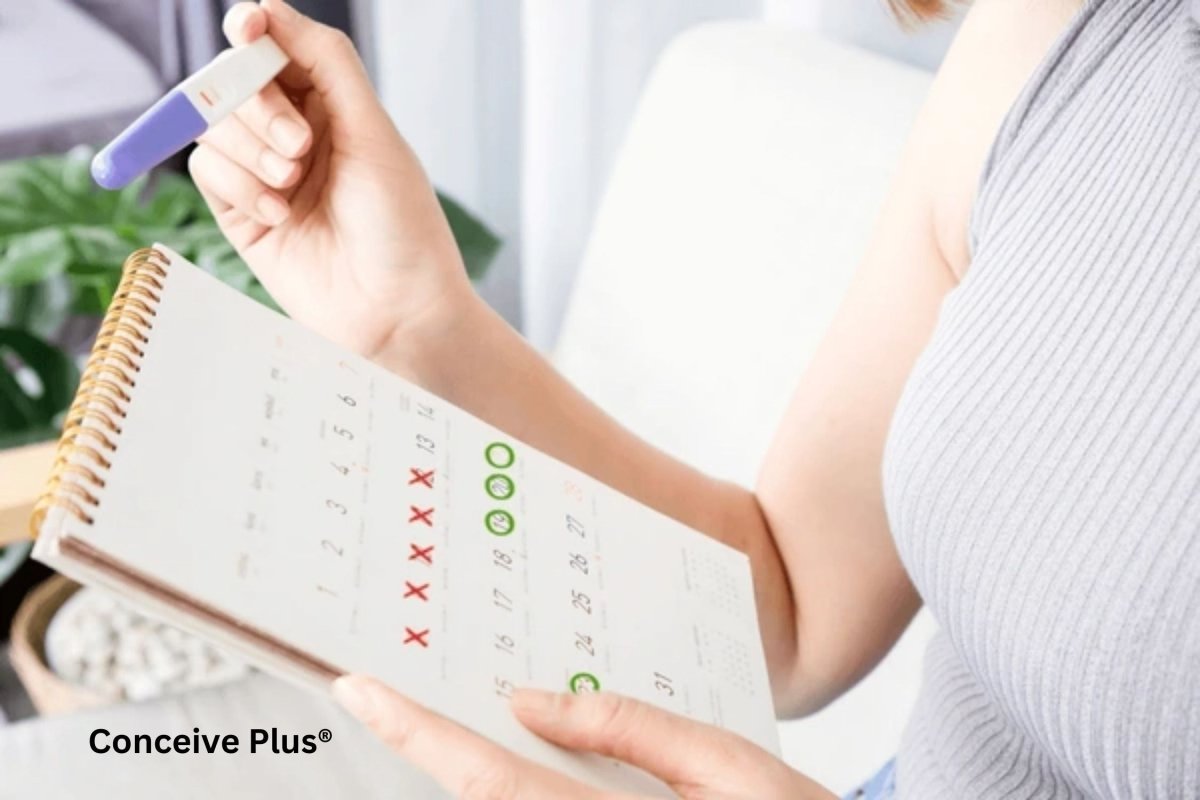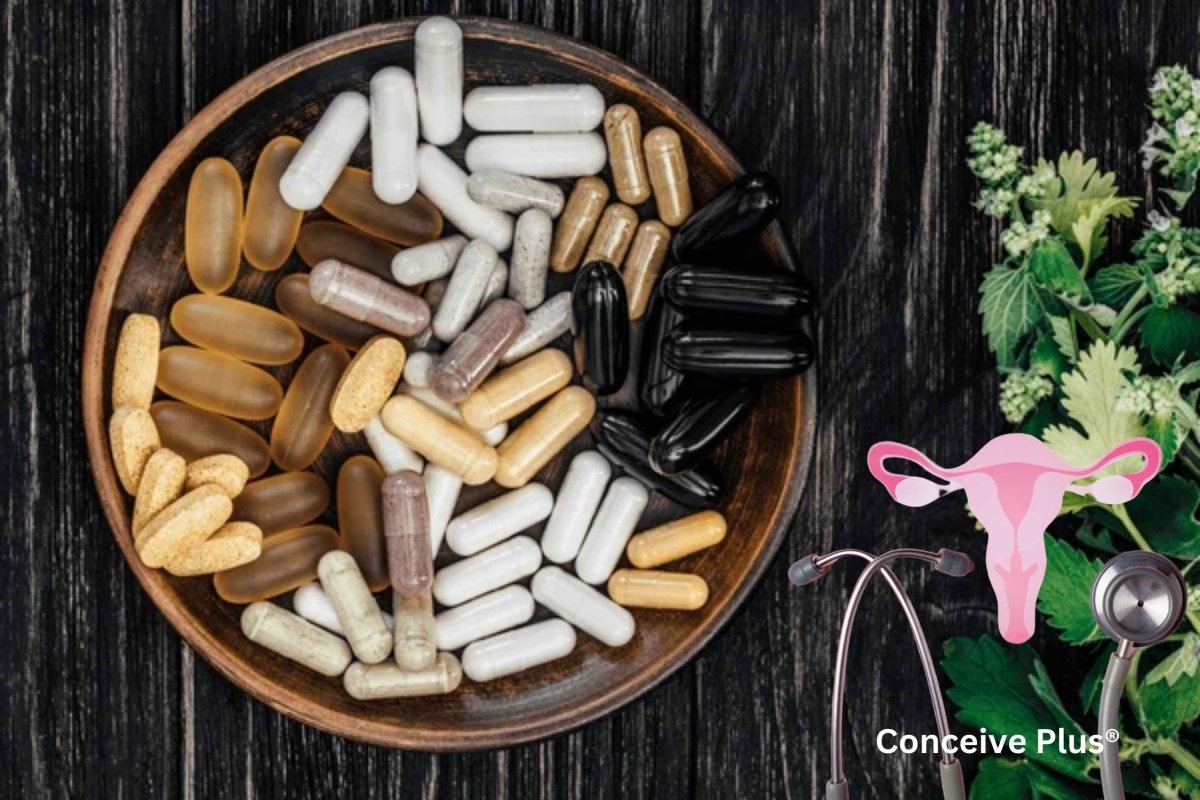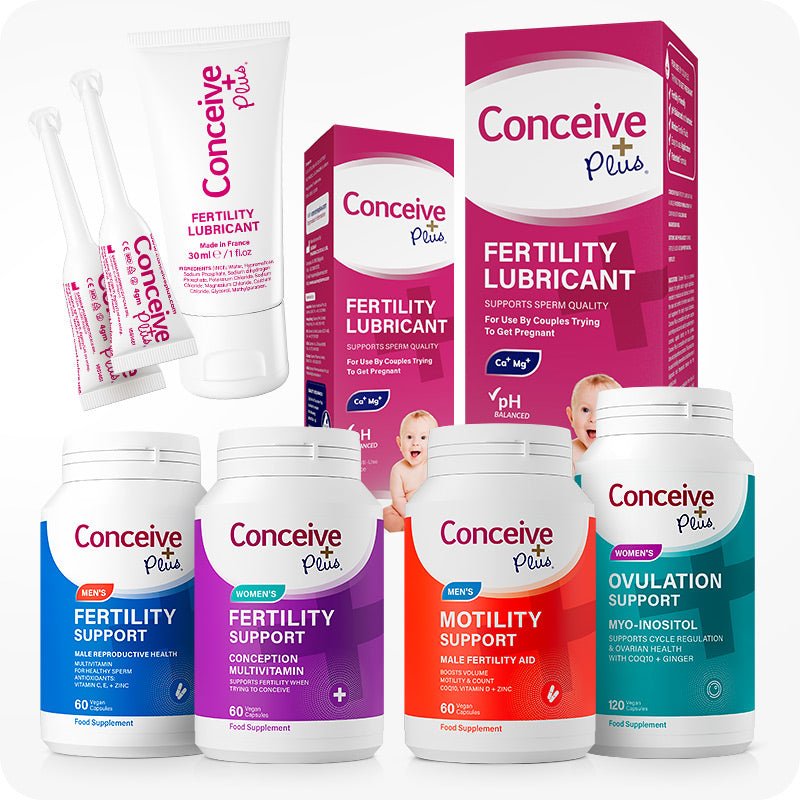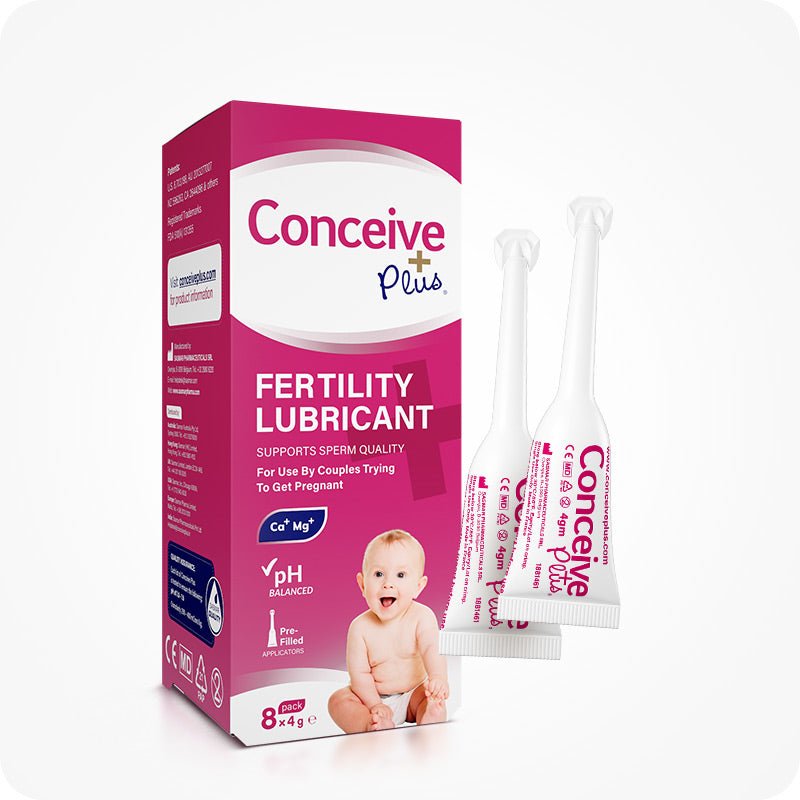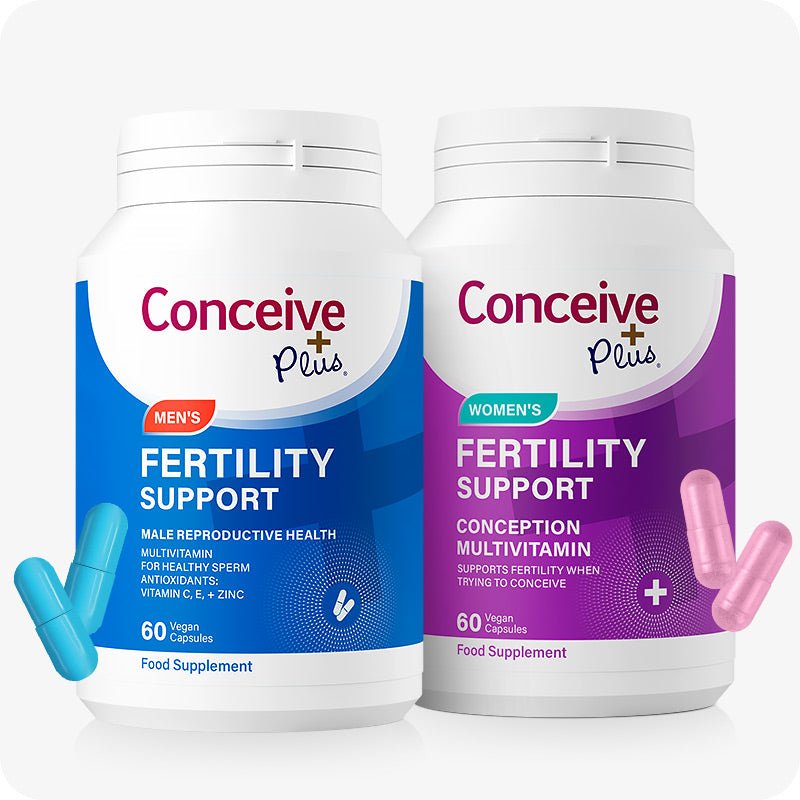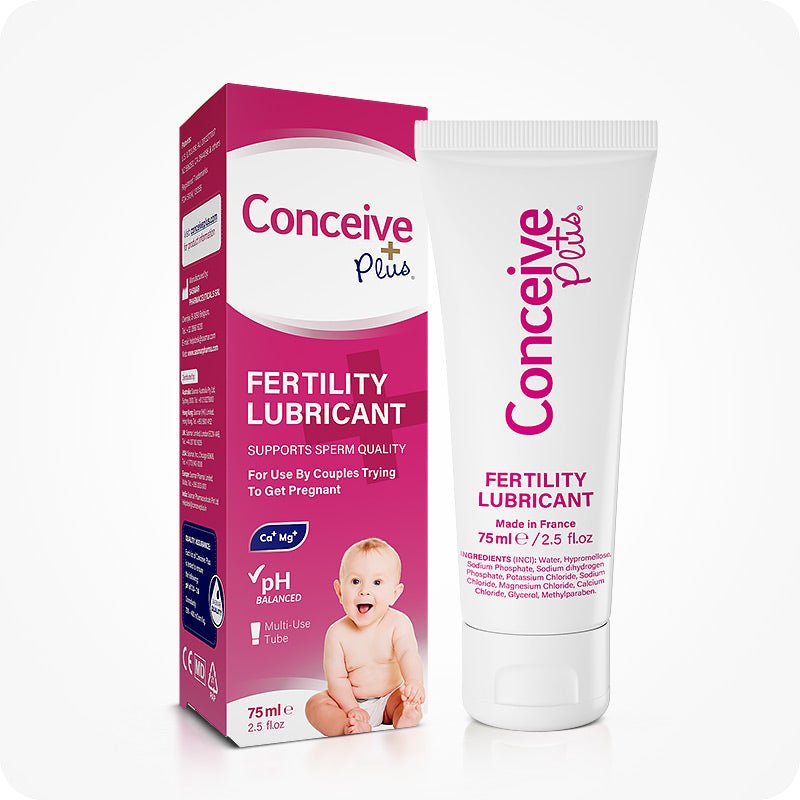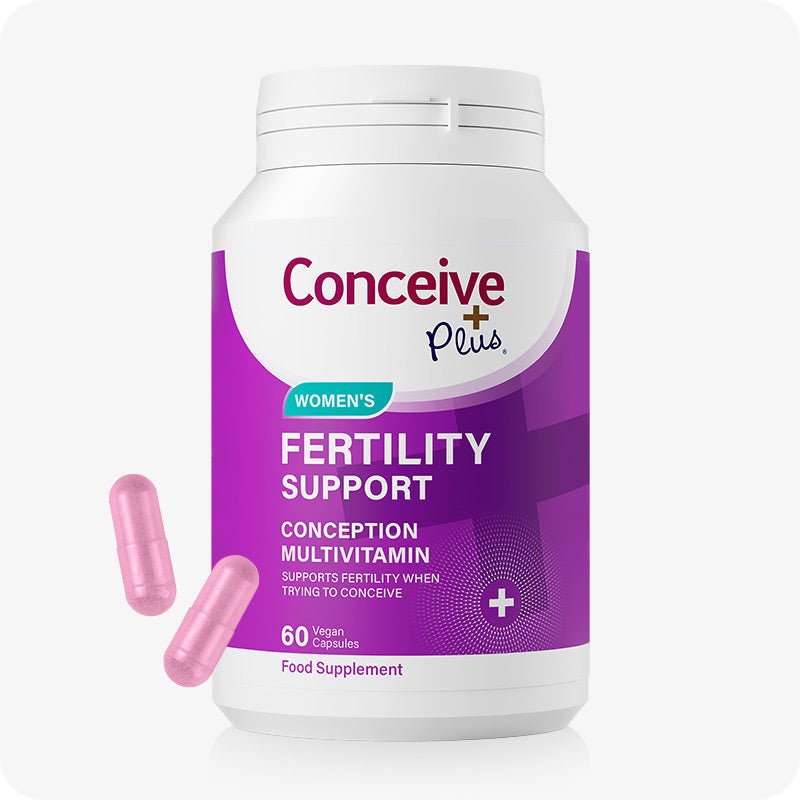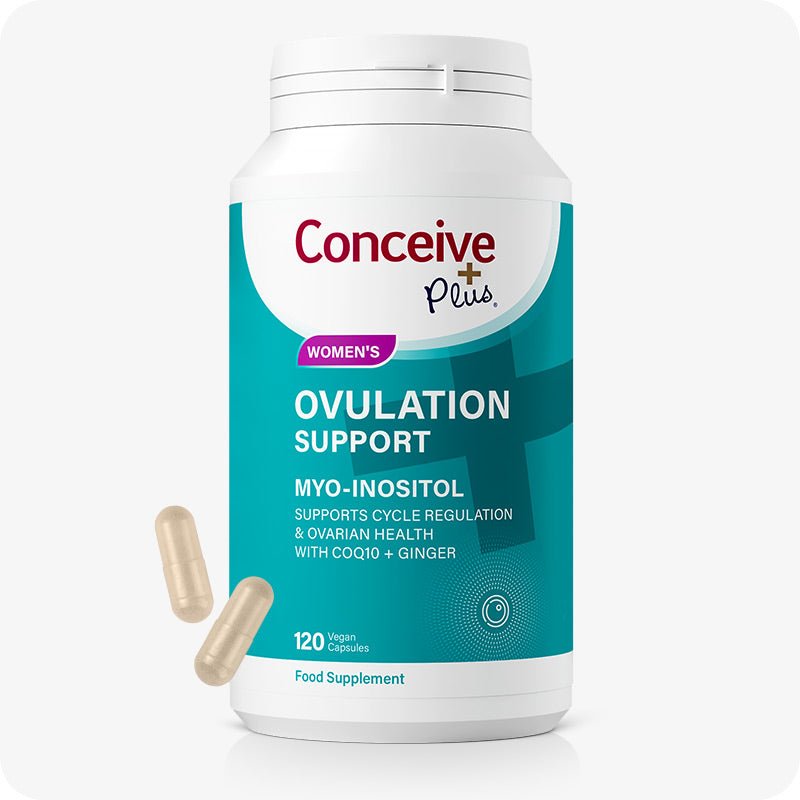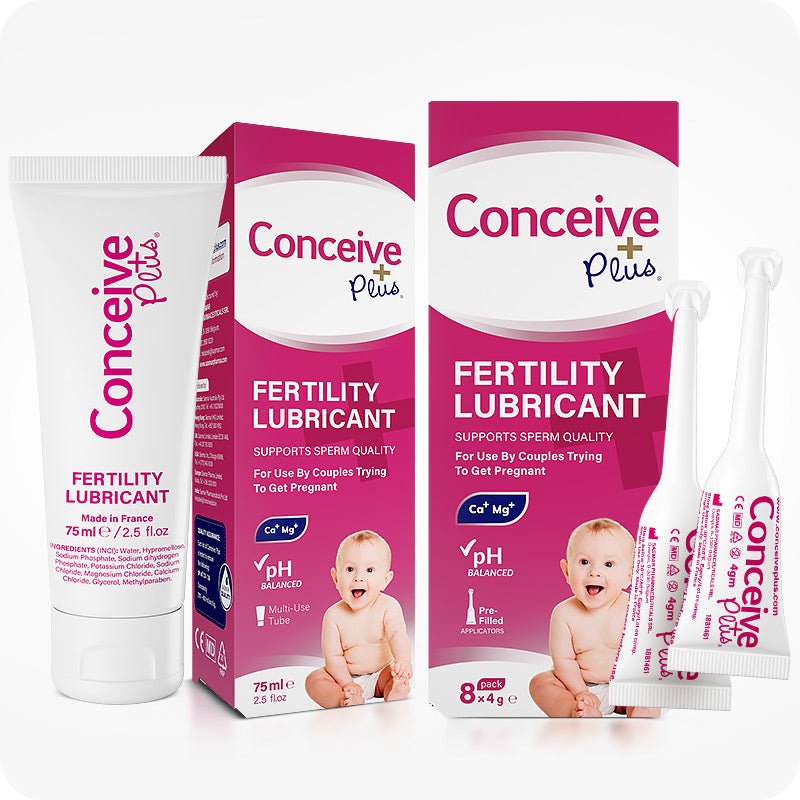How Long Can Sperm Live Inside You to Get Pregnant?
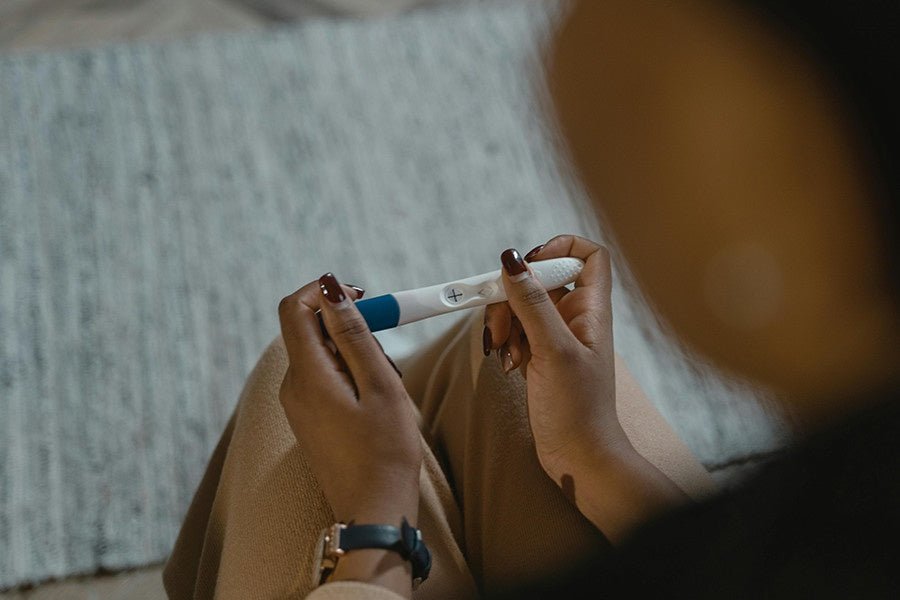
Understanding sperm count and how long can sperm live inside you to get pregnant is a key element to successful conception. Sperm's journey from the moment it is ejaculated in the vagina to when it reaches an egg can be challenging, but can also be aided by certain factors.
Grasping the nature of sperm and how the female reproductive system helps it to survive can significantly optimise your chances of getting pregnant.
How Long Does Sperm Live Inside You To Get Pregnant?
Sperm is known to survive 3-5 days within the female reproductive tract, which gives it ample time to reach the egg in the fallopian tube [1]. This 3-5 day sperm lifespan is largely aided by a thicker cervical mucus than usual, which is instigated by the female reproductive hormones around the time of ovulation each month.
You might have noticed a thicker, wetter and more slippery vaginal discharge around the middle of your monthly cycle that resembles raw egg whites. This cervical mucus appears around the time of ovulation as nature’s way of nurturing sperm and helping them swim toward your egg for fertilisation.
Female hormones alter the cervical mucus in different ways throughout the monthly cycle and many women use the appearance of this type of wetter and more slippery discharge as a sign that their fertile window is open.
What is A Woman’s Fertile Window?
Women have what some refer to as a ‘fertile window’ every month when ovulation occurs [2]. Ovulation is when an ovary releases a mature egg that is ready for fertilization. However, although sperm lives for up to 5 days in the female body, women’s eggs only live for 12-24 hours after being released.
A woman’s fertile window therefore refers to the 4-5 days around ovulation. More specifically, 3-4 days before ovulation and the day of ovulation. This is why it’s important for couples trying to conceive to have sex within the fertile window and for those trying to prevent pregnancy to avoid having sex during the fertile window.
If intercourse occurs close to ovulation, even if sperm is released several days before ovulation, it can still be viable and lead to pregnancy.
How Much Sperm Does It Take to Get Pregnant?
Many believe that it takes just one sperm to fertilise an egg and in a way this is true, but in another way, it’s not. Typically, 1.5 to 5 millilitres of semen are released into the vagina after ejaculation and each millilitre can contain 15 to 50 million sperm.
Although it only takes one egg to fertilise an egg, not all sperm are healthy or strong enough to swim through the cervix and into the fallopian tubes to reach the egg. So a high sperm count improves the chances of one sperm fertilising your egg and resulting in pregnancy [3].
When answering how much sperm is needed to get pregnant, therefore, the focus lies on having as many healthy and mobile sperm as possible.
Factors That Can Impact Sperm Life and Fertility
Several factors are known to influence the longevity, vitality, and motility of sperm. Understanding these variables can significantly improve your chances of getting pregnant.
These include:
- Cervical Mucus: Cervical mucus that indicates ovulation and female fertility is clear, slippery, and stretchy, in a way that is similar to raw egg whites. This thicker-than-usual cervical mucus creates the ideal environment for sperm survival and mobility.
- Hormonal Balance: The female hormones and their delicate but perfect balance play a crucial role in creating the optimal environment for sperm. Disruptions in hormone levels can impact the natural changes in cervical mucus production and thereby affect fertility.
- Sperm Health: Sperm vitality and motility determine how well they can swim through the female reproductive tract to fertilise the egg. Factors such as food, lifestyle, hydration, alcohol consumption, and exposure to harmful additives or toxins can influence sperm quality.
- Perfect Timing: Timing intercourse around ovulation and your fertile window is vital when you are trying to conceive. Sperm that enter the female reproductive tract 3-4 days before ovulation can still fertilize an egg when it is released.
How to Increasing Your Chances of Getting Pregnant
To increase your chances of conception, it’s important to maintain a healthy lifestyle, exercise regularly, and enjoy intercourse during your fertile window.
Using ovulation predictor kits, the basal body temperature method, and monitoring cervical mucus are all helpful ways of tracking your ovulation and identifying your fertile window.
A well-balanced and nutritious diet contributes to better sperm health and enhanced female reproductive function. Incorporating fertility foods, prenatal vitamins, and fertility supplements into your daily routine will also ensure you have the right nutrients and minerals in your body to support hormone balance and pregnancy.
For optimal results, choose fertility supplements that include the recommended prenatal vitamins in addition to inositol, magnesium, and calcium. This combination is known to support hormone balance, regular ovulation, and egg production.
If you have been trying to conceive for a year without success, make an appointment with a fertility specialist to determine what you can do to boost your fertility.
The Bottom Line
Understanding how long can sperm live inside you to get pregnant (3-5 days in the female reproductive tract) while an egg only lives for 12-24 hours highlights why timing intercourse during your fertile window is crucial for conception.
Other factors that can improve your chances of conceiving and positively influence sperm vitality and female reproductive health include; a nutritious diet, exercise, and fertility supplements.
If you feel like you may have fertility issues, it's always helpful to consult with a fertility specialist for evaluation. Being aware of any fertility issues will help you to manage them and boost your dream of starting a family.
References
- Mayo Clinic - How Long Doo Sperm Live After Ejaculation? https://www.mayoclinic.org/healthy-lifestyle/getting-pregnant/expert-answers/pregnancy/faq-20058504
- Medical News Today - What days can you get pregnant, and are most fertile? - https://www.medicalnewstoday.com/articles/322951
- Materinty Matters Dorset NHS - Getting Pregnant - https://maternitymattersdorset.nhs.uk/support/getting-pregnant/





